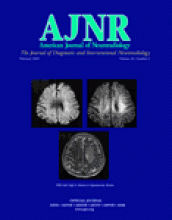Abstract
BACKGROUND AND PURPOSE: Histopathologic evaluation remains the reference standard for diagnosis of glioma and classification of histologic subtypes, but is challenged by subjective criteria, tissue sampling error, and lack of specific tumor markers. Anatomic imaging is essential for surgical planning of gliomas but is limited by its nonspecificity and its inability to depict beyond morphologic aberrations. The purpose of our study was to investigate dynamic susceptibility contrast-enhanced (DSC) MR imaging characteristics of the two most common subtypes of low-grade infiltrating glioma: astrocytoma and oligodendroglioma. We hypothesized that tumor blood-volume measurements, derived from DSC MR imaging, would help differentiate the two on the basis of differences in tumor vascularity.
METHODS: We studied 25 consecutive patients with treatment-naïve, histopathologically confirmed World Health Organization grade II astrocytoma (n = 11) or oligodendroglioma (n = 14). All patients underwent anatomic and DSC MR imaging immediately before surgical resection. Histologic confirmation was obtained in all patients. Anatomic MR images were analyzed for morphologic features, and DSC MR data were processed to yield quantitative cerebral blood volume (CBV) measurements.
RESULTS: The maximum relative CBV (rCBVmax) in tumor ranged from 0.48 to 1.34 (0.92 ± 0.27, median ± SD) in astrocytomas and from 1.29 to 9.24 (3.68 ± 2.39) in oligodendrogliomas. The difference in median rCBVmax between the two tumor types was significant (P < .0001).
CONCLUSION: The tumor rCBVmax measurements derived from DSC MR imaging were significantly higher in low-grade oligodendrogliomas than in astrocytomas. Our findings suggest that tumor rCBVmax derived from DSC MR imaging can be used to distinguish between the two low-grade gliomas.
- Copyright © American Society of Neuroradiology







